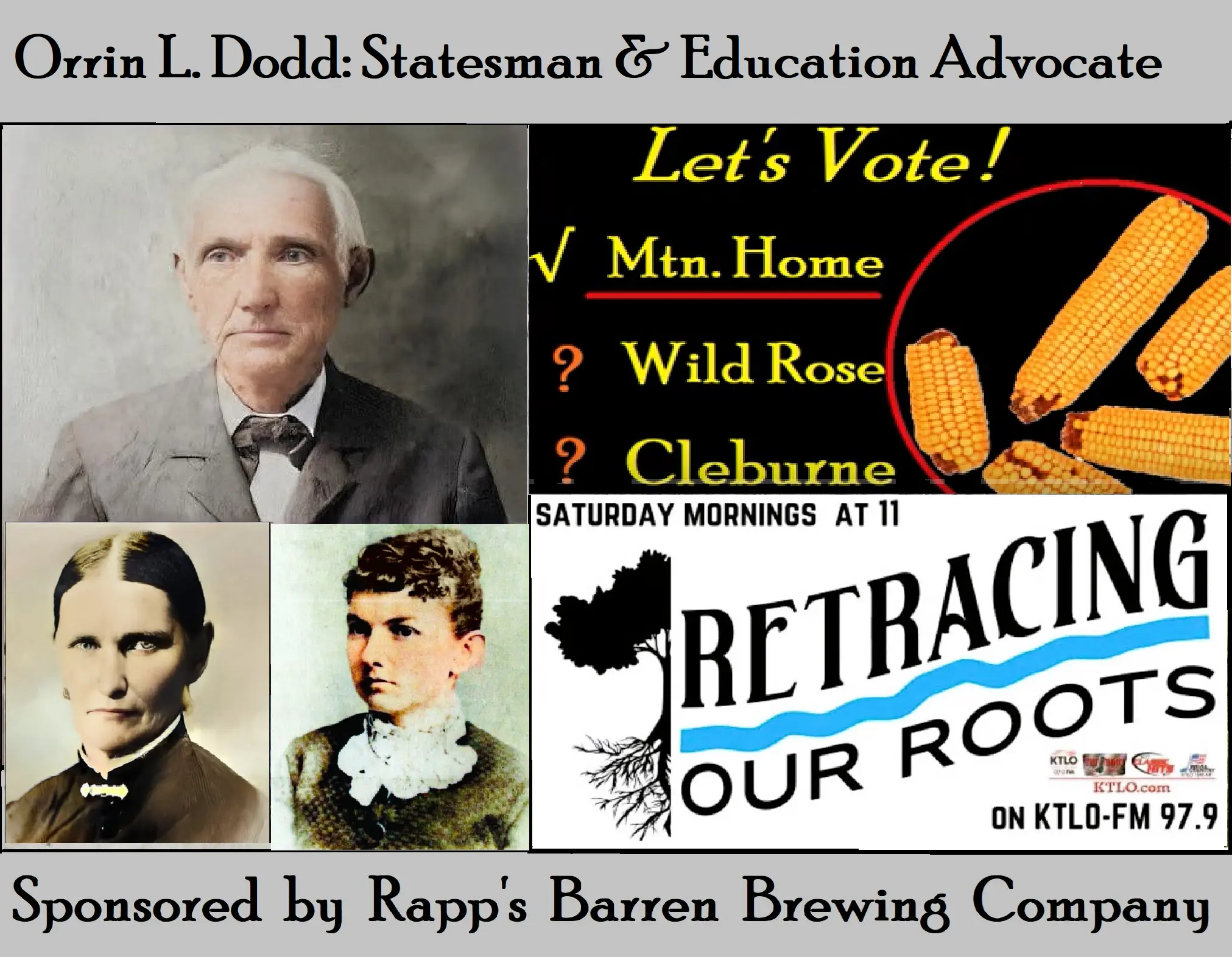Welcome to 𝙍𝙚𝙩𝙧𝙖𝙘𝙞𝙣𝙜 𝙊𝙪𝙧 𝙍𝙤𝙤𝙩𝙨, where Heather Loftis, Adam Rogers, and Vincent Anderson explore the lives and legacies of the people who helped shape the Ozarks. Today, we shine the lantern of history on Orrin L. Dodd, a name often associated with the founding of Mountain Home, Arkansas. But while he may not have laid the town’s first stone, his influence runs deep in the cultural and educational bedrock of the region.
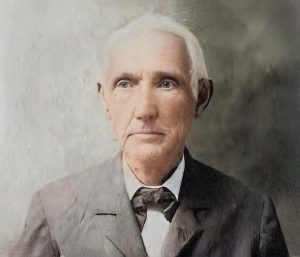
Orrin L. Dodd was born in East Tennessee on December 11, 1813, and raised on a wealthy plantation near Raleigh, North Carolina. Though he briefly served in a local militia during the 1820s, his later title of “Colonel” was honorary, a nod to social distinction, not military command.
In the 1850s, Orrin and his brother William found favor with a wealthy uncle, leading to a sizable inheritance that included land, slaves, and railroad shares in North Carolina. In 1855, Orrin traveled to Wisconsin, where he sought the favor of a prosperous farmer named Hannum, famed for cultivating a prized sweet white corn. That corn would soon take root in the fertile fields around Mountain Home.
Hannum had twin daughters, Mary and Mercy. Mary married Professor John Howard, while Mercy married Orrin L. Dodd. Soon after, Orrin’s father, Joseph, purchased land in the emerging town of Mountain Home, where a large plantation was established, run by Orrin and worked by 45 to 50 enslaved individuals.
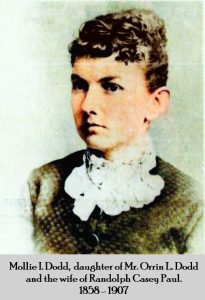
Despite a popular legend, there’s no credible evidence that Mountain Home was named by formerly enslaved people leaving a plantation in Augusta, Arkansas, for their “Sweet Mountain Home.” In fact, records show Orrin Dodd never owned land in Augusta. The name “Mountain Home” was chosen by community vote in 1858, a story preserved thanks to Dr. Jason Fritz Norman of Springfield, Missouri, who grew up in the Mountain Home in the 1850s-1863. Residents cast their votes by tossing corn cobs into three circles drawn on the ground, choosing between Cleburne, Wild Rose, and Mountain Home. The latter won. We wonder if the corn cobs were from sweet, Hannum White Corn?
That said, Dodd did travel to Augusta during the 1860s, selling bacon and charcoal to the Confederate Army in a commissary-style operation. It’s quite possible some of his enslaved laborers helped with these travels. Whether they referred to Mountain Home as “sweet” is unknown, but it wouldn’t be hard to believe.
Mr. Dodd’s most enduring contribution to Mountain Home was the establishment of education. In 1857–58, he invested $7,000, equivalent to about $275,000 today, to build the Mountain Home Male and Female Academy. Under Professor John Howard, the Academy flourished, attracting educators from Batesville, Oil Trough, and Springfield, Missouri. The Civil War destroyed the original building, but the Academy was rebuilt and, by 1869, had over 290 students.
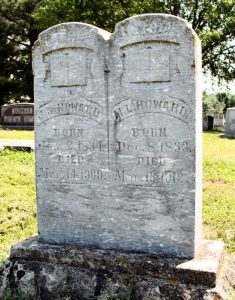
In 1871, Dodd filed a $12,000 claim with the Southern Claims Commission for losses during an unauthorized Union raid in October 1862. However, the government denied the claim, citing evidence that Dodd was not loyal to the Union. Notably, he had hosted a secession convention at the Academy on May 15, 1861.
Yet from this claim, we gain something invaluable: the names of seven enslaved individuals who were taken to Ozark and then to Springfield, Missouri. Their names:
Isaac (22)
Henderson (19)
Micajah (19)
Clara (25)
Lesa (16)
Rachel (14)
Molly (14)
We are grateful these seven people are now known, pulled from the margins of history and honored as part of this story.
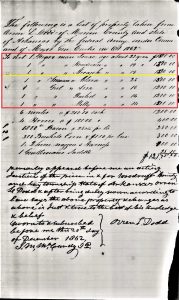
As Mountain Home grew, so did its role as a center of learning. Music, literature, mathematics, Latin, Greek, and theology were taught. Boarding houses sprang up to accommodate students. The town became a seasonal hub, not unlike a college town today. Its educational legacy even spread into Douglas County, Missouri, where a sister academy was founded in Arno, near Ava.
Orrin Dodd may not have founded Mountain Home in the truest sense, but he surely helped shape it. A man of means, ambition, and complexity, Dodd's legacy rests not just in land or legend, but in the classrooms he built, the students he empowered, and the cultural shift toward education that rippled throughout the Ozarks. His life reminds us that founders come in many forms—not always by vote or by name, but sometimes by vision, brick, and sacrifice. As we retrace our roots, we find that Orrin Dodd helped plant more than just corn in this rocky soil—he helped plant the seeds of learning that still bear fruit today.
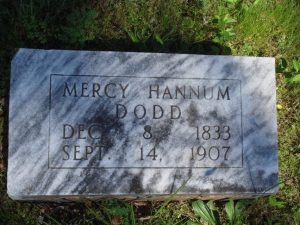
Mr. Orrin L. Dodd passed away on December 10, 1895, one-day shy of his 85th birthday.
A big thank you to our friends at Rapp’s Barren Brewing Company. Their ongoing support is what helps Retracing Our Roots echo through the hills with the true stories of the Ozarks—tales you won’t find in your average history book. It’s partnerships like theirs that keep our heritage alive and well, one story at a time.
Next time you’re in downtown Mountain Home, stop by Rapp’s and thank Russell Tucker and his incredible team. They’re not just serving craft brews—they’re preserving local history with heart and hometown pride.
Sip. Savor. Sojourn.
𝙍𝙚𝙩𝙧𝙖𝙘𝙞𝙣𝙜 𝙊𝙪𝙧 𝙍𝙤𝙤𝙩𝙨











